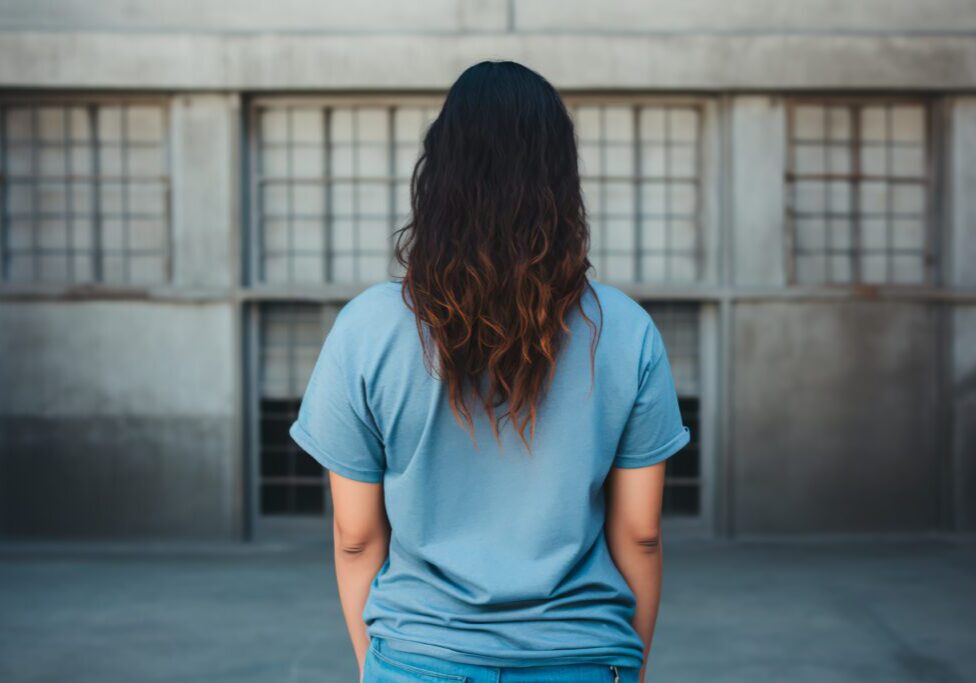The state’s continued failure to provide basic medical care to inmates has prompted a judge to order federal oversight of the maximum-security Louisiana State Penitentiary at Angola. As The Times-Picayune |Baton Rouge Advocate’s Jacqueline DeRobertis reports, an unsparing 104-page opinion from U.S. District Judge Shelly Dick cites the state’s “callous and wanton disregard” for inmates’ medical care – a problem that dates back decades.
Dick’s ruling describes inmates dying of preventable diseases and suffering pain from treatable illnesses while staff refused treatment or ignored symptoms. “The human cost…is unspeakable,” Dick wrote. “The finding is that the ‘care’ is not care at all, but abhorrent cruel and unusual punishment that violates the United States Constitution.”
Meanwhile, hundreds of people deemed incompetent to stand trial because of mental illness are languishing in jail because of a dearth of mental health services. Louisiana is already facing federal sanctions because of overcrowding at the state’s only forensic psychiatric facility, but there doesn’t appear to be an imminent solution to address the backlog. The Times Picayune | Baton Rouge Advocate’s Rebecca Holland reports:
Last December, 139 people were waiting for a place there, according to the Louisiana Department of Health. That number grew to 156 by this July. At the end of October, the number was 194. The patients awaiting treatment come from all over Louisiana: 38 from Jefferson Parish, 29 from East Baton Rouge Parish, 28 from Orleans Parish and six from Lafayette Parish. It’s not clear exactly how many are in local jails, but health and criminal justice officials say most of them are.
Gov.-elect Jeff Landry has vowed to make crime a central focus of his administration, and has been critical of the landmark 2017 reforms that helped reduce Louisiana’s world-leading incarceration rate. But before lawmakers pursue more punitive policies, they need to make sure they are meeting the basic standards of care for the people who are already in custody.
Expand the Child Tax Credit
Federal pandemic-era aid – led by an historic expansion of the Child Tax Credit – helped cut America’s child poverty rate nearly in half in 2021. But last year saw the largest one-year increase in poverty on record and a more than doubling of the child poverty rate – a direct result of Congress refusing to renew the credit. A new report from the Center on Budget and Policy Priorities explains why an expansion of the Child Tax Credit should be included in any year-end tax legislation:
The simplest and biggest bang-for-the-buck design change would be to fix the upside-down design of the Child Tax Credit, ensuring that all children in families with low incomes receive the same credit amount as children in families with higher incomes. Making the full current $2,000 Child Tax Credit available to children in low-income families (often called “fully refundable”) would have a modest cost compared to proposals that raise the maximum benefit.
Could Medicaid coverage loss dampen voter turnout?
This time next year, millions of Americans will head to the polls to cast ballots for the presidential election and other key races. But millions of others will stay home. States across the country are currently kicking people out of their Medicaid programs as part of a massive disenrollment process sparked by the end of pandemic-era coverage protections. Harvard PhD student Gabriella Aboulafia, on Tradeoffs, examines whether this loss of Medicaid coverage could dampen voter turnout.
Using county-level data from the state’s 2002 and 2006 gubernatorial elections (both of which coincided with Senate race and midterm elections), the authors found that counties with larger coverage losses saw larger drops in voter turnout between 2002 and 2006. In those counties where voter turnout declined, the authors found that for every one percentage-point drop in Medicaid enrollment there was a decrease in voter turnout ranging from about a quarter (.24) to a third (.36) of a percentage-point. The researchers didn’t observe a significant impact on how the vote split along party lines.
Kaiser Health News’ Phil Galewitz reports on the chaos the Medicaid “unwinding” is causing in states.
Abortion on the ballot
Abortion-rights supporters secured major wins in Ohio, Kentucky and Virginia on Tuesday. Ohio voters overwhelmingly approved a constitutional amendment that guarantees access to abortion in their state. Voters in neighboring Kentucky re-elected Democratic Gov. Andy Beshear, who made the issue a key pillar of his campaign. And Virginia voters dealt a major blow to GOP Gov. Glenn Youngkin’s proposed 15-week abortion ban by giving Democrats control of the state’s General Assembly. The Washington Post’s Hannah Knowles and Caroline Kitchener report:
The most direct test of abortion politics came in Ohio, where abortion rights supporters entered Tuesday optimistic that a ballot measure called Issue 1 would pass. … Kate Wagner, 51, a registered Republican who has drifted away from the party, said she discussed Issue 1 extensively with her sisters and was voting yes. She didn’t think she would get an abortion, but she also views the issue as deeply personal. “My whole thing is that I don’t like the idea of typically old White men telling me what I should be able to do,” said Wagner, who is from Springfield, Ohio. “They’ve never been in that position.”
Reality check: Half of Louisiana voters want to see abortion access expanded. But Louisiana voters are barred from putting issues directly on the ballot, as constitutional amendments must go through the Legislature.
Number of the Day
8,697 – Number of Louisiana high school students that passed Advanced Placement exams, which can earn students college credit, during the 2022-23 school year. This was a record number of students to pass AP exams in one school year. (Source: Louisiana Department of Education)
